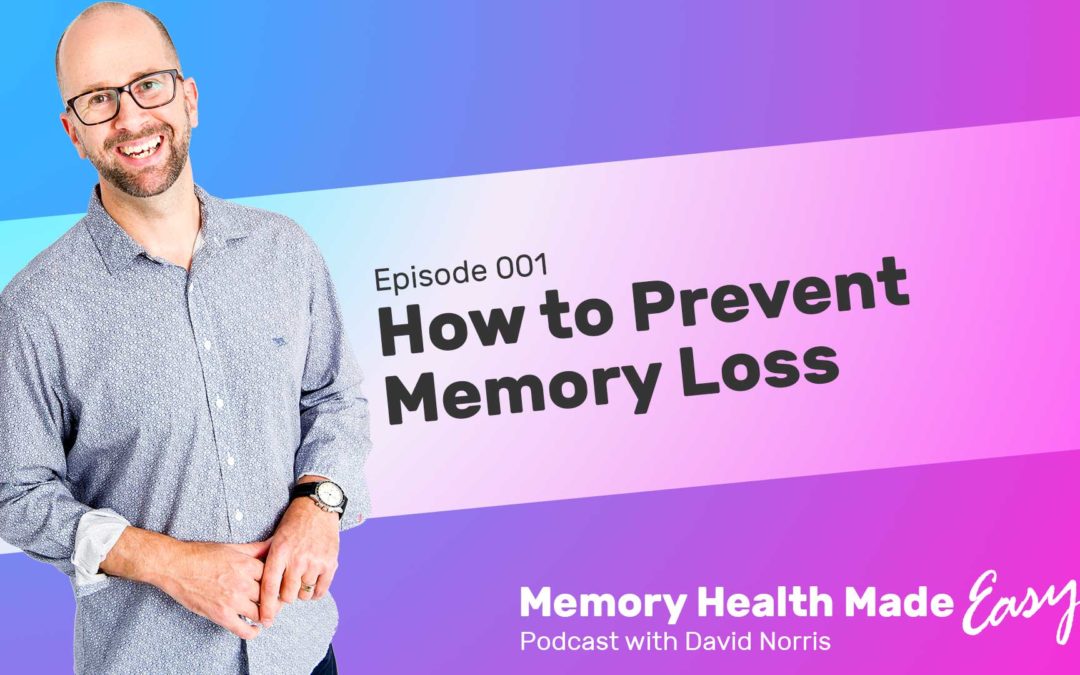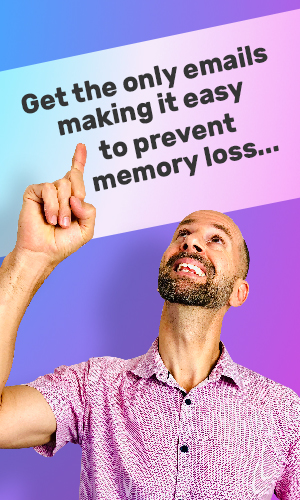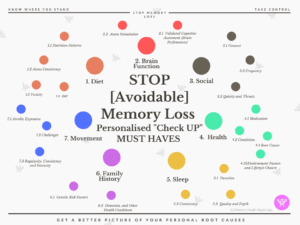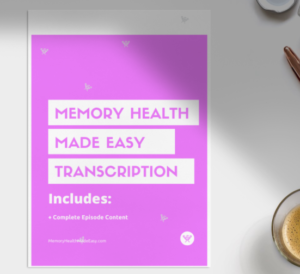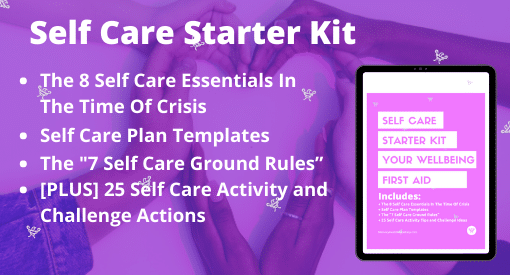iTunes | Google Play | Libsyn | Spotify | Stitcher | TuneIn Radio | YouTube | Twitter | Facebook
Bonus Material: 9 Things Your Brain Needs to Thrive Cheatsheet
1 person every 3 seconds across the globe is diagnosed with severe memory loss, dementia. It is a life threatening event. You see, severe memory loss robs us of our life, our experiences and our precious memories. Whilst this appears to be an age related issue, science is showing us that the disease processes start much, much earlier in life. As early as in your 40s!
But is this your brain destiny?
Well it’s all about reducing your risk now rather than waiting for the brain to break later. The Lancet (a leading British Medical Journal) in 2017 showed that with simple lifestyle changes a person can reduce their lifetime risk by as much as 35%. That’s 1 in 3 people avoiding this brain destiny.
Sadly, for some, their brain span is shorter than their life span. Is there no other way around it?
Do you live with the fear that when you grow old, you’ll lose your priceless memories?
Well going to the heart of this matter is what Memory Health Made Easy is all about – to help you reduce your risks for memory loss. No one should suffer this brain destiny so let’s stop avoidable memory loss and instead stay sharp for life.
This is the first episode of the Memory Health Made Easy podcast, and I, David Norris, will be your host.
Today, I want to share with you the questions we will be tackling and answering in the succeeding episodes. Along the way, you will learn the ideas on how to improve your memory health so it will match your life span. I will also be inviting guest speakers who are passionate about helping you work in maintaining a good memory.
If you’re interested in keeping your memories intact for the years to come, subscribe, tune in, and let me help you prevent memory loss.
To Grow Your Brain Skills To Their Potential You Need These 9 Things In Your Life
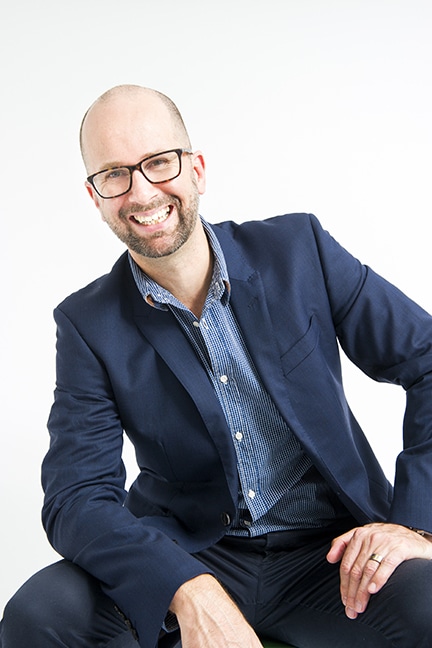
About The Host
David Norris is an occupational therapist who has been in this practice for 20 years. He has worked with a lot of clients who seek help with their memory loss problems. David began asking himself about how these people can get ahead of these problems. It’s then that he started teaching his clients how to improve their brain health to prevent memory loss. David Norris is also the director and founder of Occupational Therapy Brisbane.
How to Prevent Memory Loss
Lifestyle Factor
- How does nutrition affect your brain health?
- What food is pro-brain health, and what are not?
- What are the benefits of regular exercise in your memory performance?
- How does sleep affect your memory?
- What do medication and health issues do to your brain health?
- What lifestyle changes can you do to help improve your memory?
Brain Training
- What are the cognitive challenges that contribute to memory loss?
- What cognitive or brain training can you do to overcome these challenges?
- What is the available technology that can help you improve your brain health?
Grab a copy of the “9 Principles for Memory Health for Life“ your cheat sheet to learn how you can strengthen your cognitive powers and reduce your risk for memory loss.

